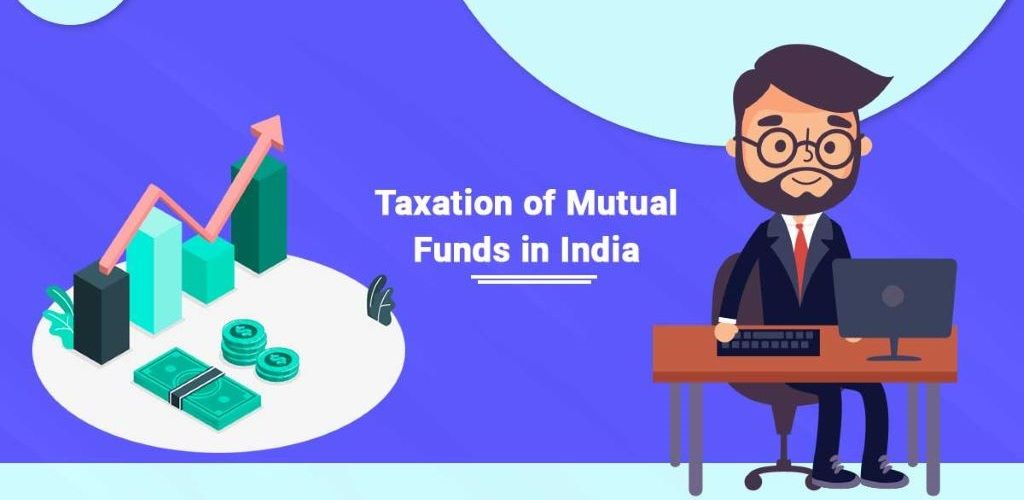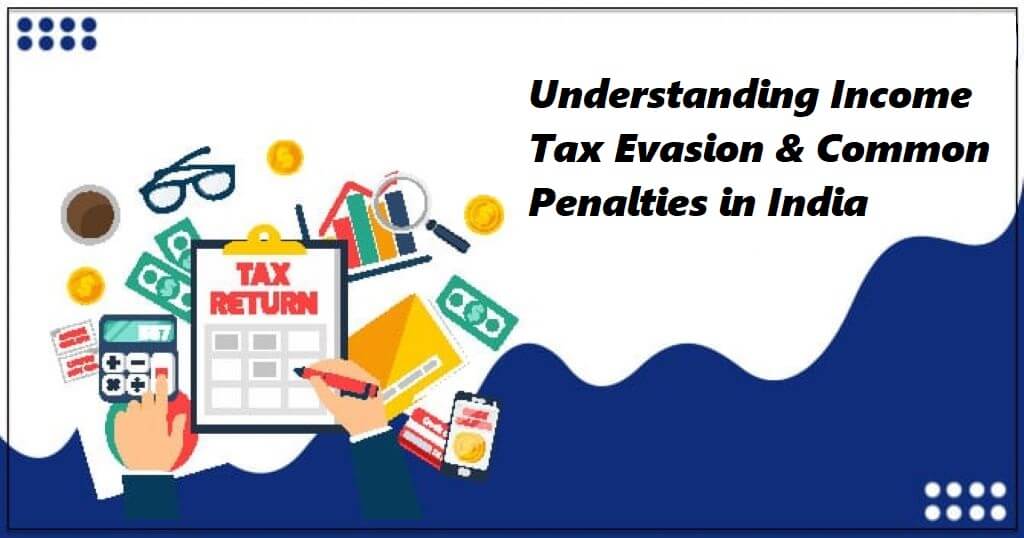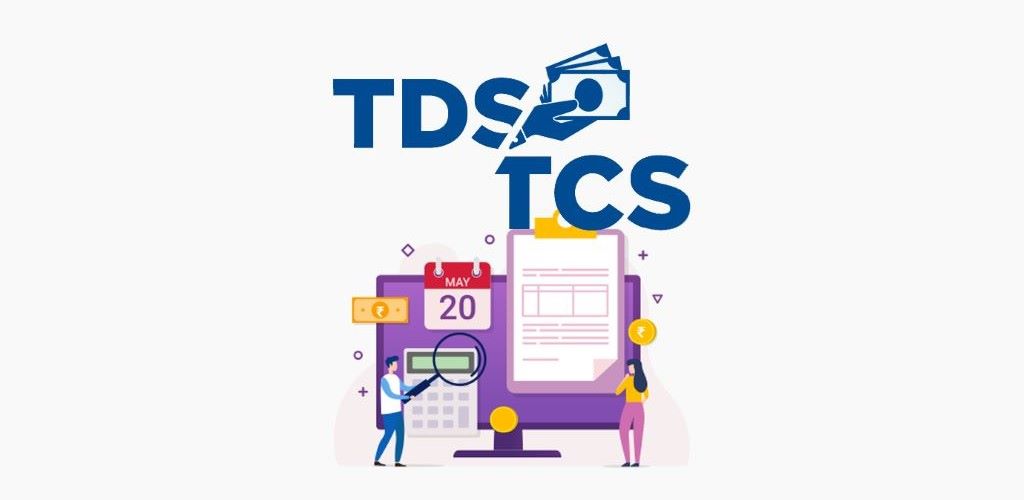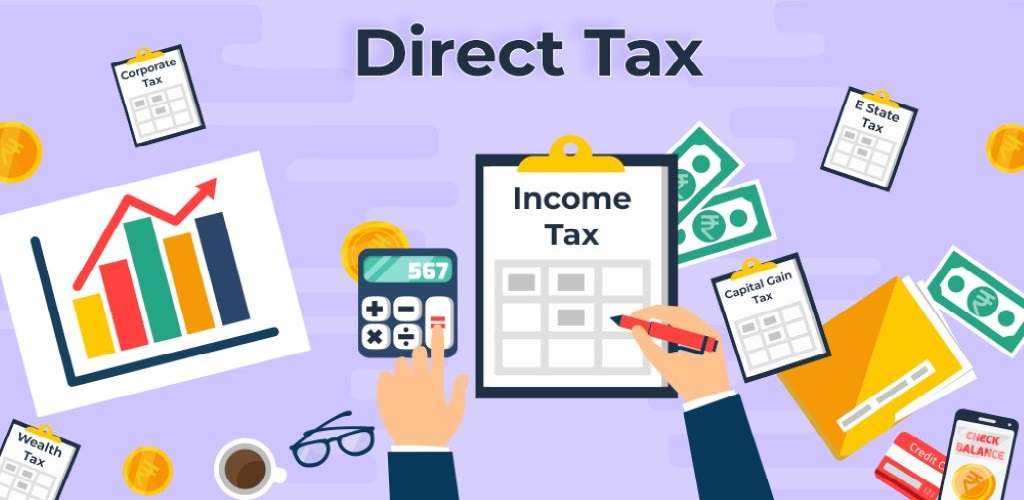Whether you are planning for your kid’s education or retirement, mutual funds are an incredibly popular option to help reach your objectives. Not only do they give you better returns than FDs (Fixed Deposits) but they are also tax-efficient. On the other hand, investing in a regular fixed deposit can be disadvantageous, especially if you are in the highest income tax benefit. This is because the interest you earn on fixed deposits is added to your taxable income and taxed at your income tax rate. The moment you invest your hard-earned money in mutual funds, you’ll likely benefit from tax-efficient returns. However, taxes on mutual funds are divided into long-term and short-term capital gains.
The tax on long-term capital gains from mutual funds is lower than the tax on short-term capital gains. This tax structure encourages investors to keep their money invested for a longer period. The rules for long-term capital gains tax on mutual funds are slightly different.
Let’s understand the taxation of mutual funds’ long-term capital gains.
Understanding Long-Term Capital Gain Tax on Mutual Funds: What is it?
To put it simply, long-term capital gains tax on mutual funds applies when you sell your equity shares after holding them for more than a year. If your long-term capital gains exceed R. 1 Lakhs, you will be required to pay taxes on them. The tax rate for long-term capital gains on mutual funds is 10%, and there is no indexation benefit available.
It’s important to note that you only have to pay taxes on your mutual funds’ investments when you sell the scheme or redeem the units. It simply means that the capital gain tax on mutual fund schemes is not applicable every year.
Taxation of Mutual Funds
Here is a list of taxation included under different kinds of mutual funds.
| Type of Fund | Short-Term Capital Gains | Long-Term Capital Gains |
– Equity Mutual Fund – Arbitrage Funds – Other Funds (It includes an investment of at least 65% in equity) | 15% | 10% without indexation |
Debt Mutual Fund (It majorly includes investments in debt securities, money market instruments, Govt. securities, and corporate bonds) – Floater Funds (Min. 65% invested in floating rate instruments) | Slab Rate | Slab Rate |
Conservative Hybrid Funds (Equity: 10%-25% Debt: 75%-90%) – Other funds (which invest 35% or less in equity) | Slab Rate | Slab Rate |
| Other funds (invest more than35% but less than 65% in equity) | Slab Rate | 20% with indexation |
Balanced Hybrid Funds (Equity: 40%-60% Debt: 60%-40%) | Slab Rate | 20% with indexation |
Aggressive Hybrid Funds (Equity: 65%-80% Debt: 35%-20%) | 15% | 10% without indexation |
Understanding Details about Long-term Capital Gain Tax on Different Mutual Funds
Listed below are the taxation details under different mutual funds.
- Equity Funds
It is the first and most popular form of mutual fund where more than 65% of the total fund amount is invested in equity shares of companies. You will realize short-term capital gains if you redeem your equity fund units within one year. These gains are taxed at a flat rate of 15%, regardless of your income tax bracket.
On the other hand, if you sell your equity fund units after holding them for more than one year, you can make long-term capital gains. The good news is that any long-term capital gains of up to Rs 1 lakh per year are tax-exempt. However, if your long-term capital gains exceed this limit, they will be subject to a 10% LTCG tax without the benefit of indexation.
- Hybrid Funds
Another popular form of mutual fund is hybrid fund, where the taxation rate depends on the equity exposure of the fund’s portfolio. If the equity exposure is above 65%, the fund scheme is taxed similarly to an equity fund. However, if the equity exposure is below that threshold, the taxation rules of debt funds apply.
It is crucial to be aware of the equity exposure of the hybrid scheme you are investing in. However, if you do not pay attention to this factor, you could be surprised when you redeem your fund units, as the taxation treatment could be different than expected.
- Debt Funds
Debt funds are mutual funds with a portfolio that has more than 65% exposure to debt instruments, while the equity exposure remains below 35%. However, starting from April 1, 2023, a change has been implemented regarding the taxation of debt funds.
Previously, long-term capital gains from debt funds enjoyed a tax rate of 20% with the benefit of indexation. This means that the gains were adjusted for inflation, resulting in a lower taxable amount. However, as of April 1, 2023, debt funds will no longer receive the indexation benefit. Instead, the gains from debt funds will be added to your taxable income and taxed at your applicable slab rate.
It means that the gains from debt mutual funds will now be subject to the same tax rate as your regular income, rather than being taxed separately at a fixed rate with an indexation benefit.
- Debt-oriented Balanced Funds
Debt-oriented balanced funds are mutual funds in which over 60% of the assets are invested in debt instruments. These funds typically take a balanced approach, combining debt and equity investments.
When it comes to taxation, the gains from debt-oriented balanced funds are treated as long-term capital gains. The tax rate applicable to these gains is 20% after taking into account the benefit of indexation. Indexation factors in inflation, which helps adjust the cost of acquisition and reduces the taxable amount, resulting in a lower tax liability.
- Through SIPs
If you purchase units through a Systematic Investment Plan (SIP), the taxation treatment may vary depending on the holding period of the units.
If the units purchased first through the SIP are held for more than one year, you will realize long-term capital gains upon selling them. If the long-term capital gains are below Rs 1 lakh, you are not required to pay any tax on them.
On the other hand, units purchased through the SIP from the second month onwards are considered short-term investments. When you sell these units, any gains made within a holding period of less than one year are treated as short-term capital gains. The tax rate for short-term capital gains on these units is a flat 15%, regardless of your income tax slab. Furthermore, applicable CESS and surcharge will also be levied on the tax amount.
How to Reduce Long-Term Capital Gains Tax on Mutual Fund Returns?
Listed below are the tips to reduce long-term capital gains tax on mutual fund returns.
Tax Collection:
One of the effective ways to reduce long-term capital gains tax on mutual fund returns is tax harvesting, which means that you’ll sell a portion of your equity mutual fund units each year to keep your long-term gains under the Rs 1 lakh threshold, thus avoiding taxes on those gains. Here’s how it works:
- Annual Selling: Sell enough units annually to realize gains just below Rs. 1 lakhs.
- Reinvesting: Ensure you instantly reinvest the proceeds into the same fund.
For instance, if you invested Rs 4 lakh in an equity fund in January 2024 and, by February 2025, the value increased to Rs 4 lakh and 80 thousand (20% return), the Rs 80,000 gain remains tax-free since it is below the Rs 1 lakh threshold for that financial year.
Make the Best Out of Your Losses:
Another way to reduce the deduction on your long-term capital tax gain is that if you have investments that have incurred losses, you can sell them to book these losses. Let’s say, if you faced a loss of Rs 40,000 on an investment, you can use this loss to offset Rs 40,000 of long-term capital gains from other investments, reducing your overall tax liability.
Invest in Your Kid’s Name:
One of the best ways to capitalize on your long-term capital tax gains is that you can use investments in your adult child’s name to take advantage of their separate tax exemption units.
- Separate Tax Exemptions: Earnings of individuals over 18 are not clubbed with their parent’s income.
- Basic Exemption: Each adult child has a basic exemption limit of Rs 2.5 lakh.
- ELSS Benefits: If they invest in Equity Linked Savings Schemes (ELSS), they can also get tax benefits under Section 80C of the Income Tax Act.
Example: If your child is 18 or older, you can invest in their name. Their earnings up to Rs 2.5 lakh are exempt from tax, and any gains will not be added to your income. Additionally, they can benefit from tax exemptions if they invest in ELSS.
Final Thoughts
So, there you have it! Remember that holding your mutual fund schemes for a longer duration can optimize their tax efficiency. Long-term capital gains on mutual funds are subject to significantly lower tax rates compared to short-term capital gains. Planning for your mutual fund investments with a long-term perspective can provide you with various tax benefits.
Frequently Asked Questions
Listed below are the frequently asked questions related to the taxation of mutual fund’s long-term capital funds.
Yes, if you invest in Equity Linked Saving Schemes (ELSS) under Section 80C of the Income Tax Act, you can get a tax deduction of up to Rs. 1.5 lakh. This can save you around Rs. 46,800 in taxes each year. Remember, ELSS has a minimum lock-in period of three years.
Section 54EA provides an exemption from capital gains tax if you transfer a long-term capital asset before April 1, 2000, and invest the proceeds in specified bonds or shares within six months of the transfer.
No, you only pay taxes on mutual funds when you sell or redeem the units. However, any dividend income from mutual funds is added to your total income for the financial year and may be taxable if your income exceeds the taxable limit.
Yes, you need to pay tax on mutual funds if you earn dividends or realize capital gains in a financial year. You don’t owe any taxes if you haven’t sold the units or received dividends. Taxes are only due when you book your gains.
No, senior citizens are exempt from paying short-term capital gains tax if the 15% rate is not changed. Additionally, under Section 80L, they can get an exemption on interest income up to Rs. 12,000 per year.








